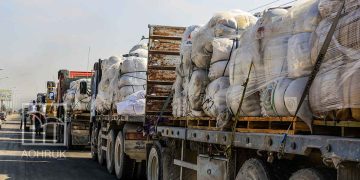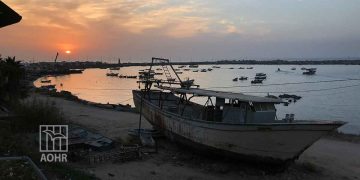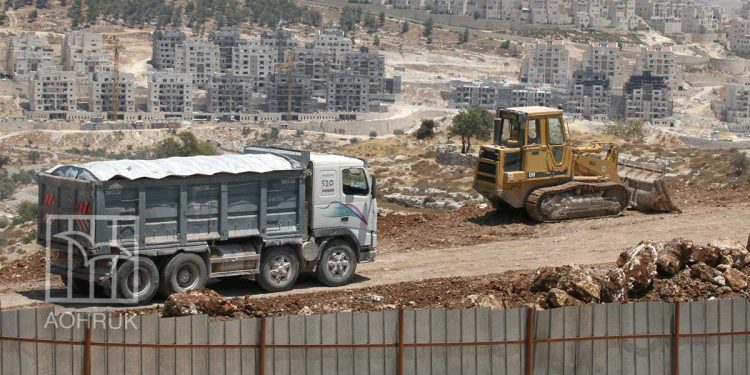The Municipality of Hebron has revealed a new settlement plan that Israeli occupation authorities intend to implement on the site of the central vegetable market (the old hisbah) in the southern part of the city. This historic Palestinian market was closed to Palestinians by Israeli occupation authorities in 1994, following the Ibrahimi Mosque massacre, in which 29 worshippers were killed.
In an official statement, the municipality said that the occupation authorities, through the Planning and Building Committee of the so-called Israeli Civil Administration (a military body), have announced a project to construct two residential settlement towers comprising 63 housing units. A third building is also planned, which will include classrooms, a library, and a Jewish synagogue, with a total area of approximately 12,500 square metres.
The municipality described the project as a flagrant assault on its legal jurisdiction and a blatant violation of the city’s interests and those of its residents. It confirmed that it would take all legal measures to object to the decision in order to safeguard citizens’ rights and protect the public interest of the city.
This new Israeli project constitutes a clear breach of international humanitarian law, particularly Article 49 of the Fourth Geneva Convention, which prohibits an occupying power from transferring parts of its own civilian population into the territory it occupies, or from confiscating private property except for immediate and temporary military necessity.
The construction of settlement units in the heart of Hebron constitutes a serious violation of Palestinian property rights. The Hebron Municipality asserts that it holds all legal documents relating to the market and has previously won legal cases in Israeli occupation’s courts confirming its ownership.
Furthermore, the expansion of settlements in an area designated as a World Heritage Site, and the attempt to convert a historic market into a settlement project, represent a dual violation of both international cultural heritage law and international obligations to protect cultural property in times of conflict.
In the absence of meaningful international pressure to compel Israeli occupation to halt its settlement activities, Hebron’s residents remain hostage to a coercive reality that contradicts the principles of justice and human rights. Each new settlement step further undermines the prospects for achieving a just and lasting peace in the occupied Palestinian territories.



























